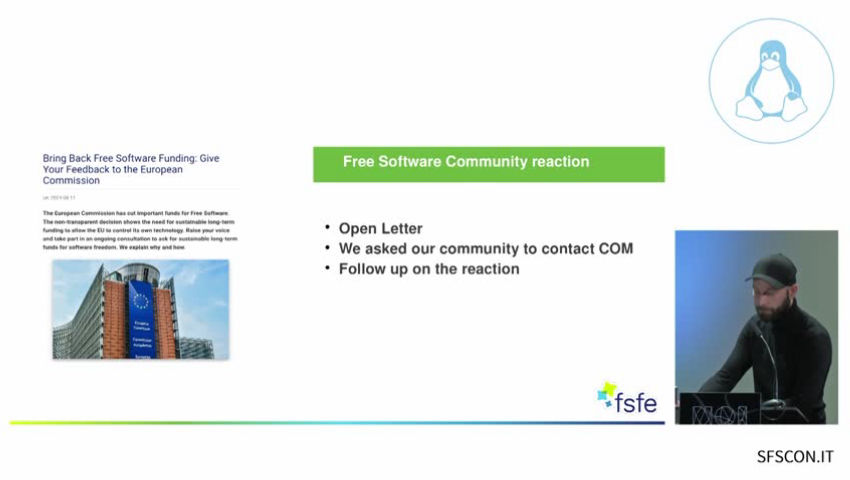I think it needs to work across instances, since we’re concerned wit the Fediverse and federation is one of the defining mechanics. Also when I have a look at my subscriptions, they come from a variety of instances. So I don’t think a single instance feature would be of any use for me.
Sure. And with the cosine similarity, you’d obviously need to suppress already watched videos. Obviously I watched them and the algorithm knows, but I’d like it to recommend new videos to me.








Sure. But we need to see pics, or it didn’t happen.
The abstract doesn’t mention them re-gaining their old capacity. It only says they shrink. And something about voltage. So I have my doubts. I mean it’s nice if my spicy pillow shrinks a bit. But what does that help if it continues to stay nearly dead? And an application in products would be hard to accomplish. At that temperature, all the plastic etc is going to melt. Maybe the solder as well.